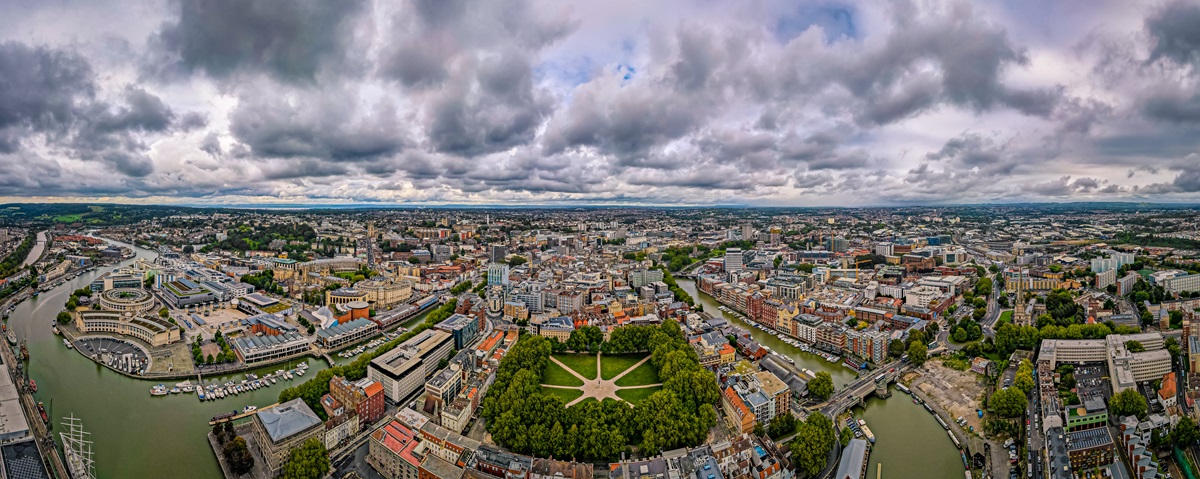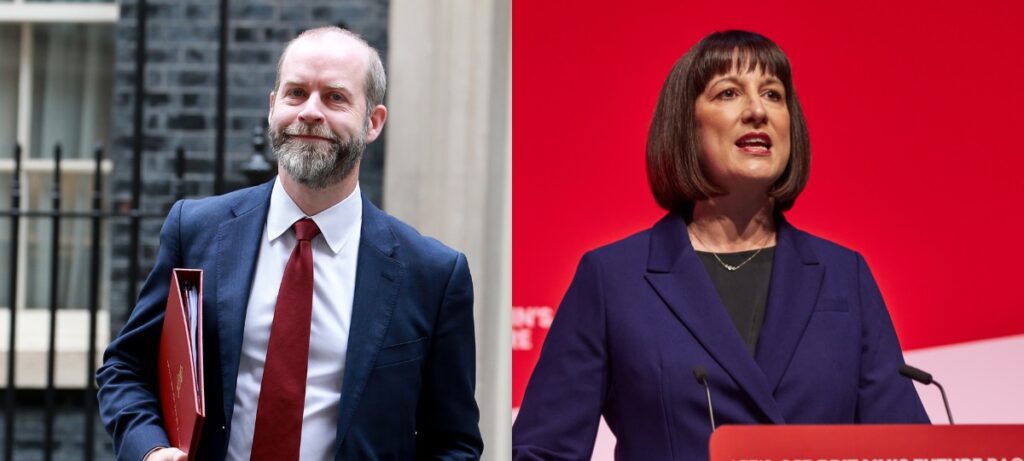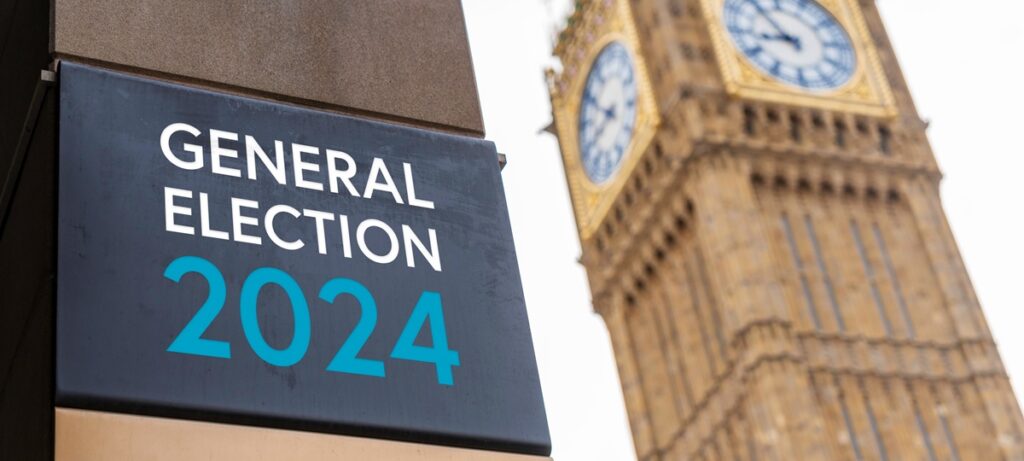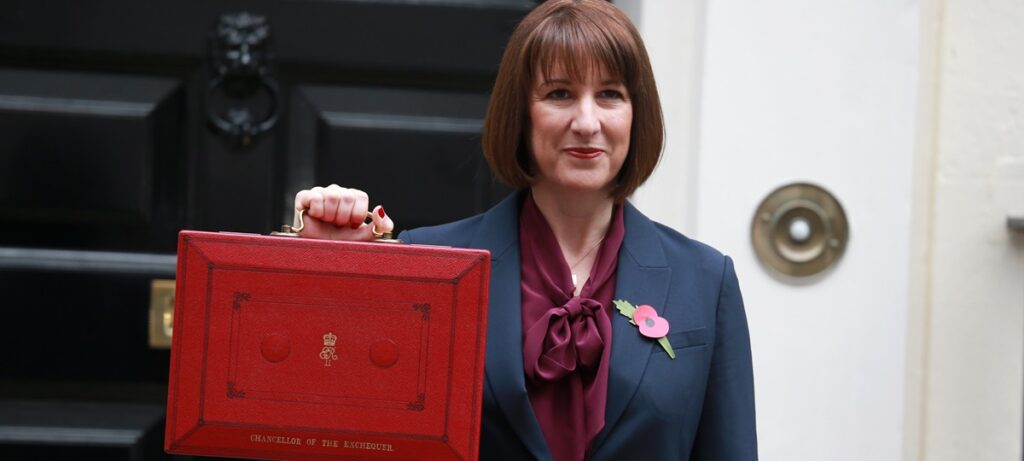
The West of England is one of the government’s 11 priority areas for the creative industries, culture secretary Lisa Nandy announced today.
The other areas, unveiled during an economic growth summit in Gateshead, are the North East, Greater Manchester, Liverpool City Region, West Yorkshire, West Midlands, Greater London, South Wales, Glasgow, Edinburgh-Dundee corridor, and Belfast.
The West of England is also one of six mayoral combined authorities that will receive additional funding, to be agreed as part of the government’s spending review. The others are the North East, Greater Manchester, Liverpool City Region, West Yorkshire, and West Midlands.
The government also announced £40m in funding over the next financial year for the following creative industries funding schemes:
Another announcement is that four cultural projects, including one in the West of England, have received £16.2m from the Cultural Development Fund.
The Tropicana in Weston-super-Mare, North Somerset has been awarded £2.7m to complete the final development phase of the Grade II listed seafront complex into a flagship cultural centre.
Councillor Mike Solomon, North Somerset Council’s executive member for culture and leisure, said:
“The much-loved Tropicana is a key destination at the heart of Weston-super-Mare’s seafront. I’m delighted that our bid for £2.7m from Arts Council England’s Cultural Development Fund has been approved by the UK government.
“This now enables us to carry out additional work to the building including finishing, fit out and providing increased accessibility so that more people can enjoy cultural activities and entertainment there. Reinventing this iconic landmark building will create new jobs, support local businesses, and deliver a year-round experience-led economy for the future.”
The other priojects that have received funding are:
A total of £3.6m in grants from the Creative Growth Programme has been provided to 127 creative businesses in 12 regions across England.
Recipients include these local businesses:
As announced in the industrial strategy green paper, the government is working on a full plan for the creative industries which will be published later this year. It will cover areas including funding and skills.
Feeding into the sector plan is the recently announced Creative Industries Taskforce, led by Baroness Shriti Vadera and Sir Peter Bazalgette. Sir Peter, the former chairman of Endemol UK and creative director of Endemol Group Worldwide, was last year appointed as chancellor of UWE Bristol. Read our interview with him here. In that interview, he said:
“Private investment is currently not good enough. The British Business Bank, which encourages investment in small and medium sized enterprises, is not really attuned to the way the creative industries run, the way small creative businesses work, and the criteria by which they have to be judged and invested in. We need to make progress on public and private investment.
“We also need to make progress on research and development tax credit definitions. The UK has a narrow definition of R&D, which is different to the one in other countries in Europe which includes the creative industries so creative businesses can claim tax credits for the innovation that they carry out.
“We need a more flexible apprenticeship scheme because small companies find it difficult to use the apprenticeship levy.”
Another member of the taskforce is Lynn Barlow, UWE Bristol’s assistant vice-chancellor for creative and cultural industries engagement.
In announcements ahead of the sector plan, the government says the British Business Bank, which supports £17.4bn of finance to smaller businesses, will increase its support for creative companies, and UK Research and Innovation (UKRI), which has an annual budget of £9bn, will strengthen its support for the creative industries.
The culture secretary will also announce that shorter apprenticeships will be be available from August 2025, which the government says “recognises the particular needs of the creative industries, as one of our first steps towards a more flexible growth and skills levy”.
Culture secretary Lisa Nandy said:
“From film and fashion to music and advertising, our creative industries are truly world-class and play a critical role in helping us deliver on this government’s mission to drive economic growth in all parts of the UK.
“Our £60m funding boost will support creative and cultural organisations across the UK to turbocharge growth by transforming local venues, creating jobs, supporting businesses and spreading opportunity across the country.
“But this is by no means the limit of our ambitions, which is why the creative industries are at the heart of the forthcoming industrial strategy and will continue to play a key part in this government’s plan for change.”
Bristol Creative Industries is the membership network that supports the region's creative sector to learn, grow and connect, driven by the common belief that we can achieve more collectively than alone.

Creative industries a key focus in government's industrial strategy: How should the sector be supported?

General Election 2024: What creative businesses want from the next government and what the parties have said about the creative industries

What's in the 2024 Autumn Budget for the creative industries?
You need to load content from reCAPTCHA to submit the form. Please note that doing so will share data with third-party providers.
More Information